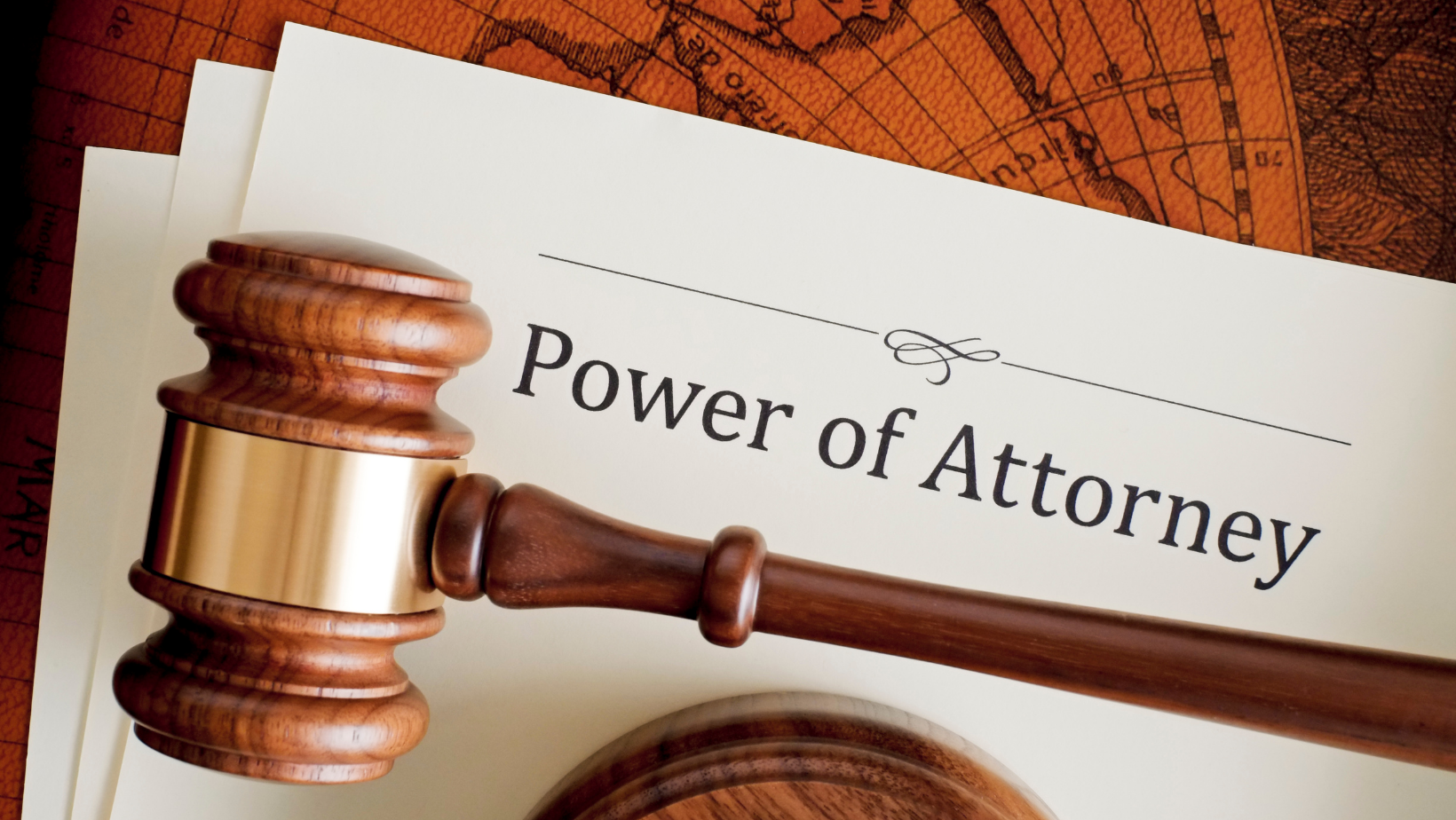In the legal world, Power of Attorney (POA) is an essential tool for managing personal affairs, particularly in situations where an individual may be unable to act on their own behalf. There are two primary types of POA: Enduring and Non-Enduring. It's important to understand the distinctions between these two to make an informed choice when assigning decision-making authority. Let’s take a closer look at each.
What is an Enduring Power of Attorney?
An Enduring Power of Attorney (EPA) is a legal document that allows someone to make decisions on your behalf, even if you lose mental capacity. It remains effective even when you are no longer able to manage your affairs, ensuring continuous management of your interests during times of incapacity.
What is a Non-Enduring Power of Attorney?
A Non-Enduring Power of Attorney (NEPA) also grants someone the authority to make decisions for you, but it is typically limited to a specific time or situation. If you become mentally incapable, the authority granted under a NEPA ends.
Key Differences:
Duration of Authority:
EPA: Remains in effect even if you lose mental capacity.
NEPA: Only valid for a set period or under specific circumstances.
Use in Incapacity:
EPA: Designed for use when you can no longer make decisions for yourself.
NEPA: Applicable when you are still mentally capable but want to delegate authority temporarily.
Scope of Decision-Making:
EPA: Grants broad authority to make decisions on various matters.
NEPA: The scope of authority is limited to the specific terms outlined in the document.
Conclusion:
The decision to choose between an Enduring or Non-Enduring Power of Attorney depends on your personal needs and the level of protection you require. Seeking legal counsel and considering your individual circumstances will help you select the most appropriate POA to safeguard your interests and ensure smooth management of your affairs.








